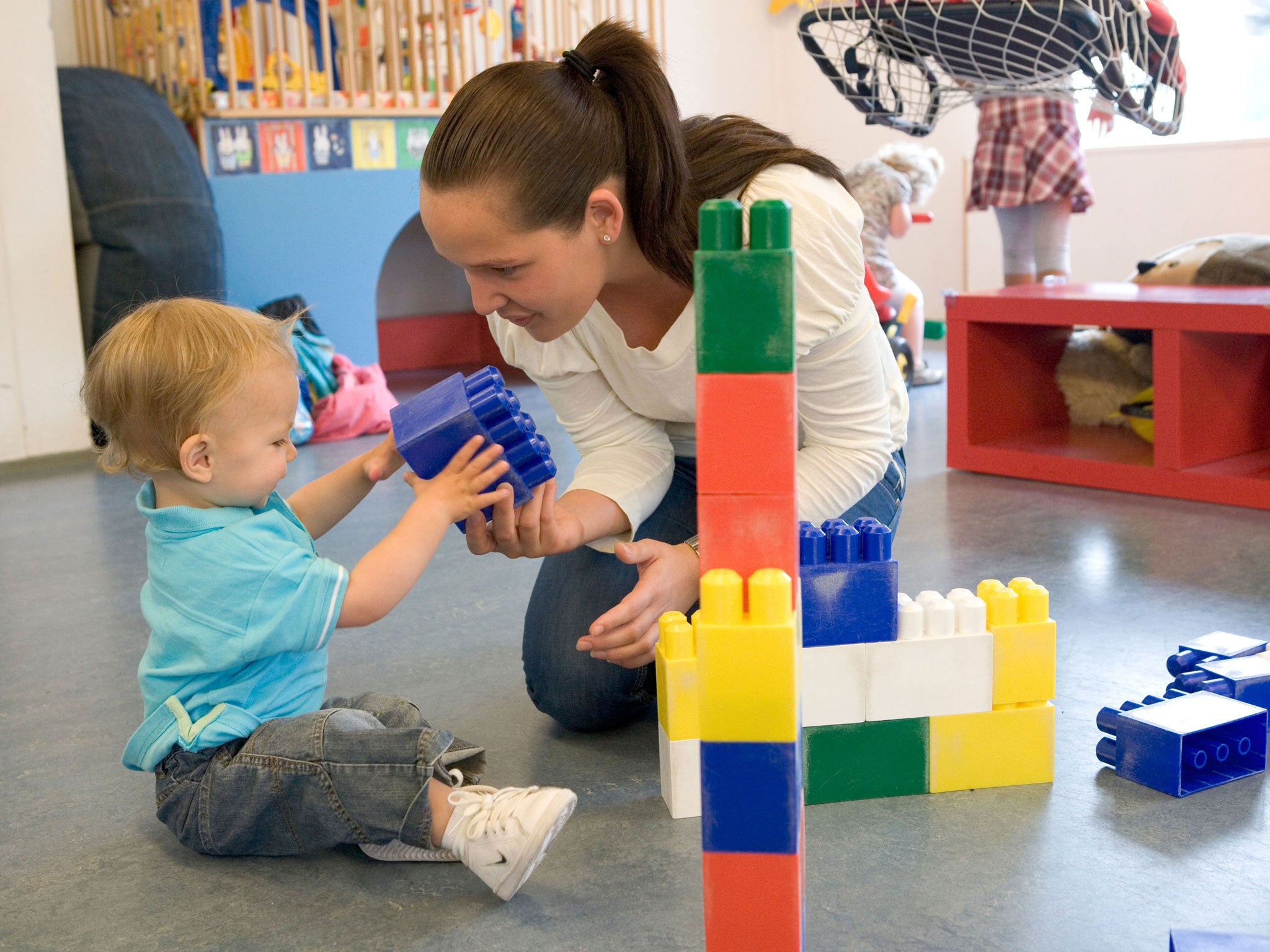A glimmer of hope in the tragedy of babies being taken into care
We might want to give parents second or third chances, but babies don’t have that luxury

As a parent, it is almost impossible to imagine the horror and pain of having your newborn baby ripped from your arms and handed over to complete strangers, never to be seen again. It is the stuff of our worst nightmares. Yet this happens to a couple of thousand women in Britain every year.
Indeed, new figures have revealed that more babies than ever before are being taken into care in their early months, with an extraordinary 150 per cent rise in just five years. While a total of 802 babies were taken into care in 2008, that figure rose to 2,018 in 2013 and is still rising.
That figure is jaw-dropping, but so are the stories behind them. A third of the mothers whose babies are taken away are teenagers, while one in four mothers has more than one child taken away. One mother has lost 16 babies one after the other to the care system. On the face of it, this seems a tragedy of epic proportions: young women having their beloved children snatched from them, some just hours after giving birth.
Yet, as much as it may horrify our sensibilities, the dramatic increase in babies being taken into care should actually be a cause for muted celebration. These babies, after all, are not being taken away because their mother is in poverty, or is poorly uneducated, or has forgotten to change the odd nappy or two. These are babies who, if left with their biological mothers, face an uncertain future of neglect or abuse, of chaos and hunger, of misery and fear. The rise in the number of babies taken into care may be uncomfortable, but it isn’t a tragedy for these children – it’s the second best thing that could ever happen to them. The first – that of having a mother capable of the love and care they need – is sadly not available to them.
This is proof that, at long last, our social services are finally putting an end to the insane and dangerous policy of keeping a child with their mother at all costs. That policy has been responsible for far too many children being left to cope in homes where abuse and going to bed hungry were just parts of the normal daily routine. But, never mind, at least they were with their birth mums.
Since 2008, social services have overseen a 20 per cent increase in the number of children taken into care following the national outcry over Peter Connelly, known as Baby P, who was brutally beaten to death by his own mother, her boyfriend and his brother after social workers failed to act on repeated evidence of terrible abuse and neglect.
Almost every case is a desperate story. These are not, of course, evil women. They are often themselves the children of abusive or neglectful parents, who have never known a day’s unconditional love in their lives. Many are troubled by mental health issues and are addicted to alcohol or illegal drugs – often all three. They may well be victims of abusive relationships with violent and psychologically abusive men. Whatever the cause, they are living lives of squalid chaos. That is what results in the difficult but necessary decision to remove a child.
When these women become pregnant, they are writing a sequel to their own lives and risk condemning their own flesh and blood to the same life of misery and pain. We might naturally want to give parents second, third and fourth chances to make a fresh start, but babies don’t have that luxury. They need their parents to get it right the first time.
The only way to end a cycle of despair is to take a child away to a new life in a loving, caring family, while also offering help to the birth mother to turn her own life around. That help is expensive, and there is too little of it available. It also, inevitably, takes time – time which newborn babies simply don’t have.
So despair at the statistics if you want, and sympathise with their mothers by all means, but most of all rejoice that there are thousands of babies today who will not be neglected or abused in their own homes.
Join our commenting forum
Join thought-provoking conversations, follow other Independent readers and see their replies
Comments